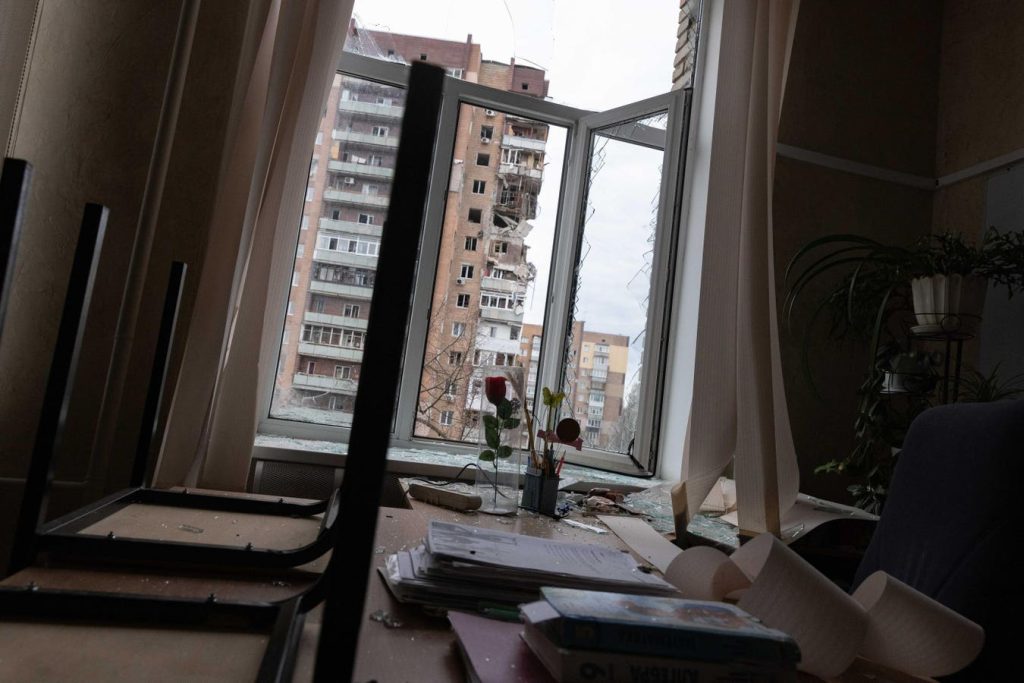Ukraine’s air defenses successfully shot down 11 out of 20 Iranian-built drones fired by Russian forces towards the city of Kharkiv, resulting in power outages for 350,000 residents. The drone attacks also resulted in casualties among rescuers and medics responding to the scene. Despite the ongoing attacks, Kharkiv completed construction of its first fully underground school, aimed at providing equal access to education for all children in the city. The United States has pledged to furnish the school with educational tools, and the city council plans to build more underground schools in each district.
During celebrations of NATO’s 75th anniversary in Brussels, U.S. Secretary of State Antony Blinken announced that Ukraine will eventually become a member state, promising continued American support for the country. Ukraine and Finland have also signed a 10-year security cooperation agreement, with several NATO member states offering similar arrangements to help Ukraine prepare for membership. However, shortages in military supplies from the United States and its allies have left Ukraine vulnerable to Russian attacks, raising concerns about a potential breakthrough in Russian offensives once preparations for a major attack are completed.
Ukraine has conducted drone attacks inside Russia, targeting a refinery in Tatarstan, which has reportedly disabled a significant portion of Russia’s refinery capacity. These attacks have also impacted global oil prices. In other news, two collections of photographs related to Ukraine have won the annual World Press Photo contest, shedding light on the impact of war on Ukrainian communities and offering a personal perspective on life in a war-torn country. German-born Johanna Maria Fritz’s collection focuses on the aftermath of the destruction of the Kakhovka dam, while Ukrainian photojournalist Julia Kochetova’s collection offers a glimpse into daily life during wartime through a multimedia presentation.
Despite the ongoing conflict, efforts to support Ukraine’s security and recovery continue, with promises of assistance from NATO member states, including Finland, to help Ukraine rebuild its energy sector, assess environmental damage, and provide medical treatment for wounded soldiers. However, political obstacles in the United States, particularly within the Republican-controlled House of Representatives, have led to delays in providing further military aid to Ukraine as requested by the Biden Administration. As tensions escalate and the situation on the ground remains precarious, Ukraine’s resilience and the support of its allies are crucial in facing the ongoing challenges and threats posed by Russian aggression.


